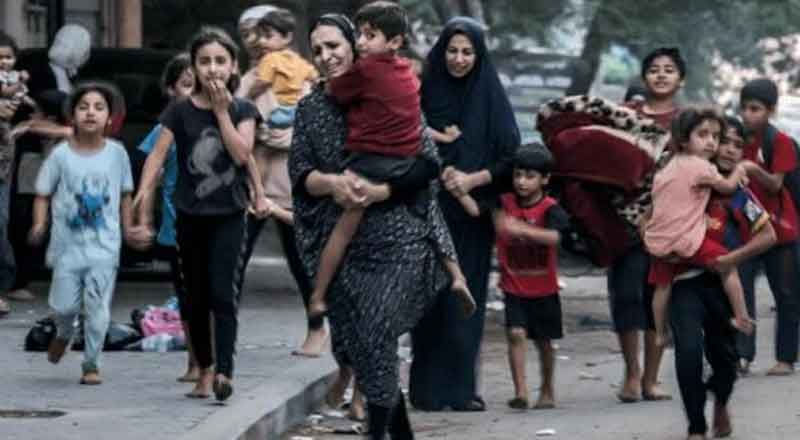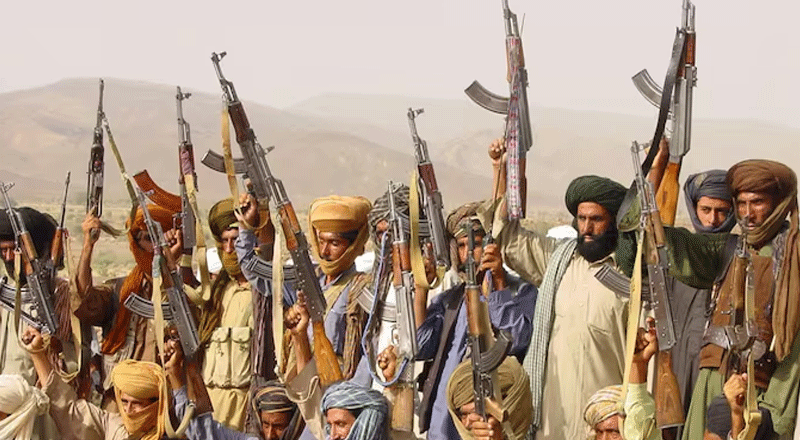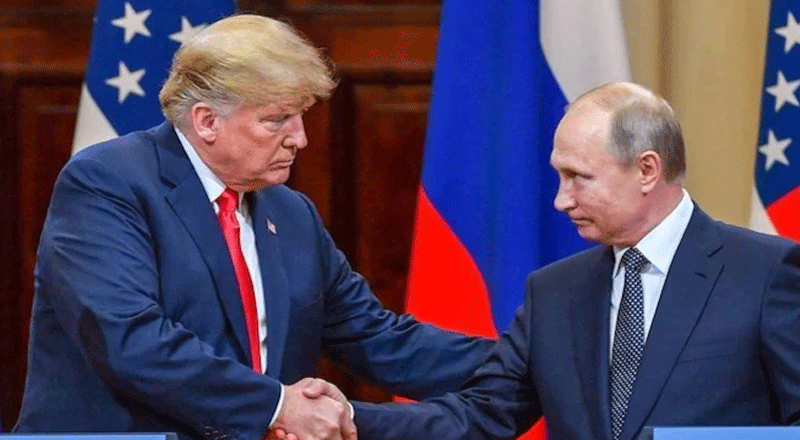- Report covers fatalities verified by UN rights office
- Verification based on three sources including neighbours, records
- Israel says it takes care to avoid harming civilians
In an alarming update on the humanitarian crisis in Gaza, the United Nations Human Rights Office has reported that nearly 70% of verified casualties in the ongoing Gaza conflict are women and children. This finding comes amid escalating violence between Israel and Hamas, bringing global scrutiny to the grave impact on Gaza’s civilian population. The UN’s findings, based on verified reports, have underscored concerns about potential violations of international humanitarian law, especially surrounding principles like proportionality and civilian protection in conflict zones.
The UN Report on Civilian Casualties
The United Nations, using three independent sources for verification, documented over 8,100 fatalities among Gaza civilians. Although this count is lower than the 43,000 reported by Palestinian health authorities, the verified number nonetheless supports claims that civilians, particularly women and children, form a disproportionate portion of those affected. In their recent 32-page report, the UN identified the Gaza casualties as a reflection of widespread noncompliance with the foundational rules of international humanitarian law.
The report also reflects the reality of Gaza’s demographics. Children, particularly those aged 5 to 14, make up a large portion of the casualties, mirroring Gaza’s population structure. Notably, the youngest victim was just one day old, while the oldest was a 97-year-old woman, underscoring the widespread nature of the crisis across age groups.
Israel’s Response and Compliance Claims
Responding to the UN’s findings, Israel’s diplomatic mission to the UN in Geneva categorically denied the report’s implications, arguing that it lacks an accurate representation of the situation on the ground. Israeli authorities have consistently held that Hamas, the militant organization governing Gaza, uses civilians as human shields, thus putting them at greater risk during armed engagements. Israel has reported that roughly one civilian casualty occurs for every Hamas combatant killed, an outcome Israel attributes to Hamas’ tactics.
The Israeli military asserts that each military strike follows a rigorous approval process, focusing on minimizing civilian harm. The defense strategy, according to Israeli military statements, prioritizes proportionality and distinction to safeguard non-combatants, claiming each action undergoes thorough consideration to adhere to the law of armed conflict.
Human Rights and Legal Implications
Volker Turk, the United Nations High Commissioner for Human Rights, emphasized the importance of independent judicial review to ensure accountability for potential violations of humanitarian law. Turk advocated for the preservation and analysis of all relevant evidence, suggesting that impartial judicial bodies could help address alleged violations through credible means.
The UN report also pointed to weapon usage and targeting in Gaza as indicators of widespread impact on civilian infrastructure. Verified incidents indicate that in 88% of attacks, five or more individuals were killed simultaneously, a statistic attributed to the use of wide-impact weaponry in dense population centers. The UN also highlighted that some casualties may result from errant projectiles launched by Palestinian armed groups within Gaza.
Gaza’s Demographic Challenge
As Gaza continues to suffer heavy civilian casualties, the enclave’s demographics reveal an especially vulnerable population profile. Children under 18 represent 44% of all casualties in this conflict, with younger children most affected. Given these demographic realities, the UN’s report reinforces the need for targeted efforts to minimize harm to Gaza’s largely youthful population.
Here we Conclude that the findings of the UN Human Rights Office present a distressing snapshot of the Gaza conflict’s human toll, revealing a humanitarian crisis in which non-combatants, particularly women and children, bear the brunt of violence. The UN’s assessment calls for global attention and urgent action to address and curb potential violations of international humanitarian law. While both Israel and Hamas assert adherence to lawful combat practices, the UN’s report emphasizes the importance of judicial oversight and the preservation of evidence to promote accountability. As the conflict continues, safeguarding civilians remains a critical concern, highlighting the necessity for all parties to rigorously prioritize protections for Gaza’s vulnerable communities.
(With inputs from agencies)





